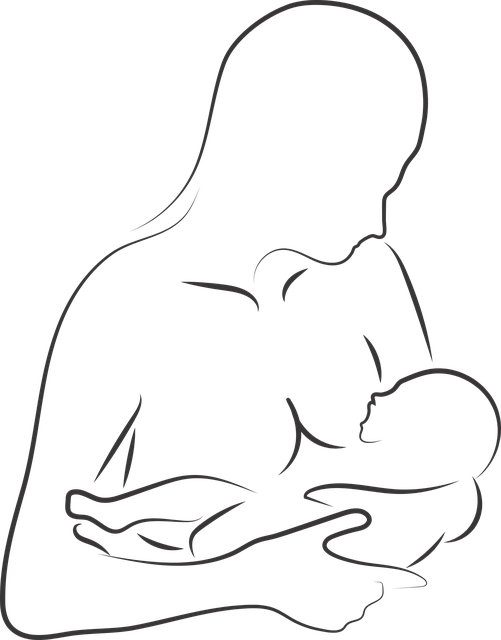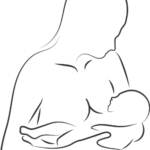Breastfed Baby In breastfed babies, the decoding of poop can be very tricky. For an older infant or child, having no bowel movement for five or six days would certainly signal a problem. In an exclusively breast-fed baby, though, that’s normal. As can pooping several times a day, or even with every feeding.
Here’s what to know about poop in breastfed babies, including when to be concerned about a breastfed baby not pooping.
How to Spot Constipation in Infants
In younger babies, constipation is often defined by the appearance of the stool rather than the frequency of bowel movements. Babies this age are usually considered constipated if they pass hard little balls or if their stool is very large, hard, and difficult to pass.
Some experts consider an infant constipated if their bowel movements have a consistency that is thicker than peanut butter and if the child appears to need to strain to pass them. Simply straining to pass a loose or soft bowel movement, however, is probably not a sign of constipation.
Frequency of Bowel Movements in Breastfed Babies
It is also important to remember that purely breastfed infants are rarely constipated. Following the very frequent stools of the first month or two of life, purely breastfed babies often begin to have a much lower frequency of bowel movements.
In fact, some breastfed babies have a bowel movement only once a week or even less often. In these babies, as long as the stools are watery or soft, the child is probably not constipated.
Also Read : 10 Things You Need After Having a Baby
Tip
An exclusively breastfed baby who does not defecate or defecate very infrequently rarely presents with concern, so long as the stool has normal consistency when passed and the baby doesn’t appear to be in pain.
Why can breastfed babies have such infrequent bowel movements? Experts believe that breast milk digests so efficiently that there may be no waste left to produce bowel movements. Of course, once you start feeding your baby solid foods, that will likely change. At that point, they will probably have more regular bowel movements and they will probably be firmer.
When Infrequent Stools in Breastfed Babies Is a Concern
There are, however, some situations when it is not normal for a breastfed baby to have such infrequent bowel movements, including:
Hirschsprung’s disease: In case a baby shows late meconium passage within the first days of life and has been having difficult bowel movements since birth, this could be of concern since passage of stool less often is one of the symptoms of Hirschsprung’s disease, which is a rare case in only 1 in 5,000 babies. Symptoms of constipation through Hirschsprung’s usually manifest at the end of the first month of a baby’s life.
Hirschsprung disease. National Institute of Diabetes and Digestive and Kidney Disease. 2021.
Lack of enough breast milk: Sometimes, an infant who passes stool may not have enough breast milk. Such a baby has very few wet diapers accompanied by weight loss or slow weight gain
.
Failure to thrive: If the older baby has infrequent stools associated with difficulty gaining weight, then it may be a sign that your baby actually has failure to thrive or even another medical condition.
Treatment for Infant Constipation
Constipation is uncommon in strictly breastfed babies but quite common after solids are introduced into the diet. At that time, even bowel movements that occur as frequently as every other day could still be constipation if a child strains or otherwise indicates that passing stool is uncomfortable.
This type of constipation is normal the vast majority of the time. Some medical conditions can cause constipation in babies, such as cystic fibrosis, but pediatricians will almost always associate these conditions with other symptoms they will be watching out for, like poor weight gain.










